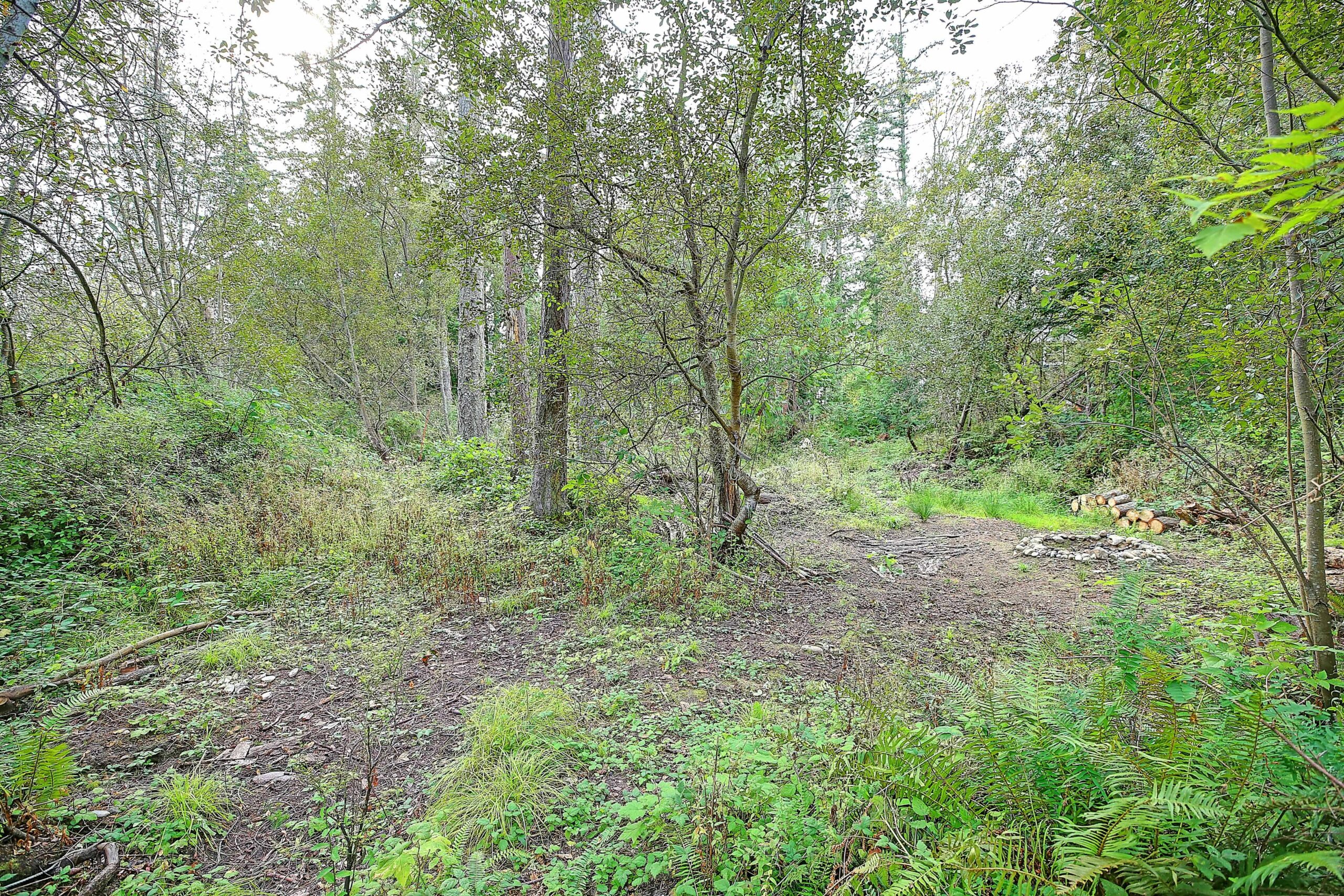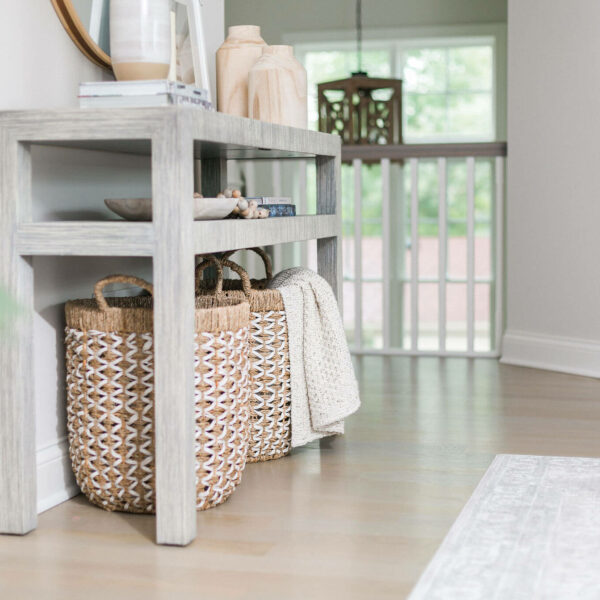What to know when buying land, especially when you’re planning to build on the property. Buying land can be a great investment – if you buy the right land at the right time. However, if you buy vacant land without doing your homework, it could result in a huge financial loss. Here is what you should (and should not) do to get it right.

Do work with an agent to find the land.
Working with a real estate agent who has experience buying and selling vacant land can save time and money. An agent should educate buyers about the surrounding area, research zoning and provide a market valuation of the property. Realtor’s will know what information is needed and where to find it. With this information in hand, buyers can confidently write a competitive offer.
Do find out what utilities service the area.
If power and water aren’t connected to the property, know what utility services are available. If the land is off the main road it’s possible there will be additional costs to get utilities to the property. Getting quotes for power, cable, well driller, etc. will be important when deciding if it’s feasible to build.
Do visit the tax assessor’s office.
Once you find a piece of property that you love, it’s time to visit the assessor’s office. The tax assessor will be able to tell you the projected property taxes as well as any records pertaining to past perk tests or well sites. They will also know if there are any critical areas on the property that would impact future development of the property.
Do price the neighborhood.
If planning to build a home, price the neighborhood to make sure the projected cost of your future home and land are not significantly higher than the rest of the neighborhood. If so, this could cause challenges for your financing unless there is a large down payment to minimize the bank’s risk. Your agent can help you with a market analysis of the surrounding homes.
Don’t expect to finance your lot.
Lenders often don’t lend money for vacant land, and if they do, they may only lend up to half the land value. They also require water to be available on the land before considering a loan. Lenders see land as a risky investment, especially if the plan is to use it for unconventional living or working arrangements. This is why it’s so important to talk to your lender before you start looking. If there are plans to build on property, a construction loan is always an option. You will need to have your plans and a detailed bid from your contractor ready for the lender.
Don’t skip the feasibility.
If you plan to build, testing to make sure a septic system or connection to sewer is possible is very important. A perc test can easily be done to make sure the property can support a septic system. This is also the time to make sure if community or city water is not available that a well can be dug.
Don’t forget to get a survey done.
Before purchasing a lot, ask to see a recent survey or have one done to validate property lines. This ensures other neighbors aren’t already encroaching on the lot with access roads, fencing, or structures. Any easements should be recorded and shown on the title report.
Don’t let neighbors know of your plans (yet).
Don’t get too friendly just yet, especially if you are planning on building. Oftentimes it’s possible that neighbors have enjoyed having the vacant property next door. Also it may have been preserving their view or been used for overflow parking or play. Most people don’t like change, if they are warned that a big construction project is about to start they may be unhappy. On rare occasions they might even try to block your efforts.
Don’t assume you can have property rezoned.
Make sure you know the property zoning regulations for the property. If you are in a rural area and plan to have chickens or horses, make sure that is permitted. Be wary of sellers who tell you that you can subdivide the land or build two homes on one lot, as this may not be the case. It’s always the buyers responsibility to do due diligence and make sure the property is suitable for their intended purpose.
Don’t rely on a drive-by.
You need to walk the property, no matter the size or your plans for its use. If you are buying multiple acres, don’t assume that the topography is consistent throughout with no hidden problems. Things to check for include flood-prone areas, environmentally protected-animal dwellings, trash deposits and neighbors that are involved in activities that may affect your enjoyment of the property, such as dog kennels or shooting ranges.
There are lots of hurdles to jump through when buying land. It is often more complicated than buying a home, especially if you are planning to build. You must understand zoning and restrictions and do a lot of research to make sure you will be able to build and use the land as you want. Contact me here if you would like to schedule a buyer consultation.







